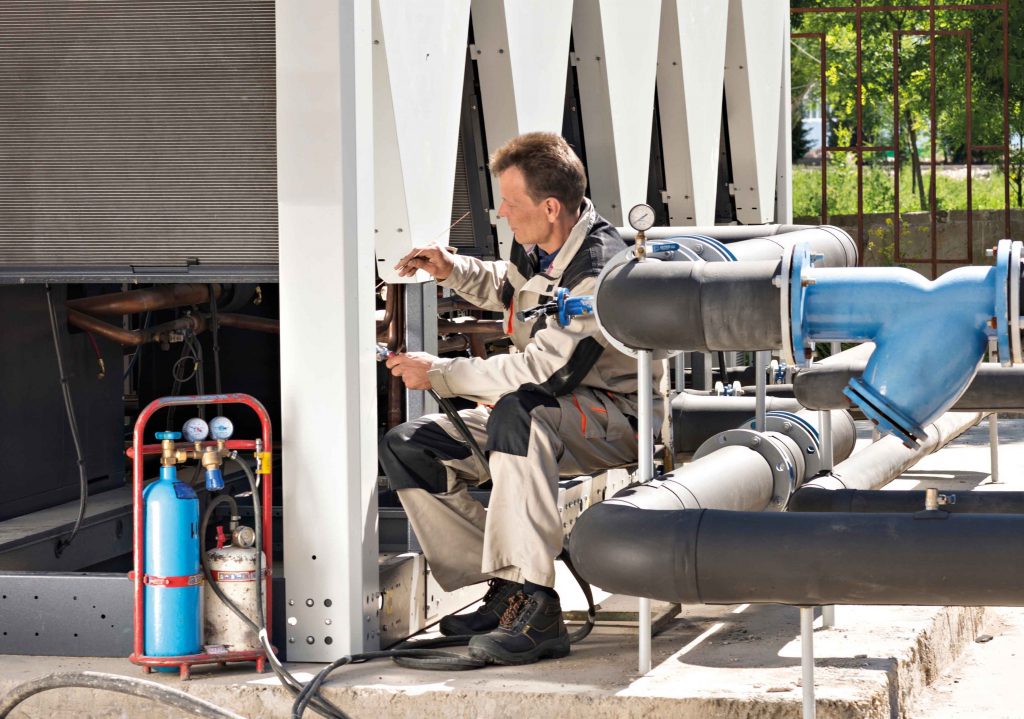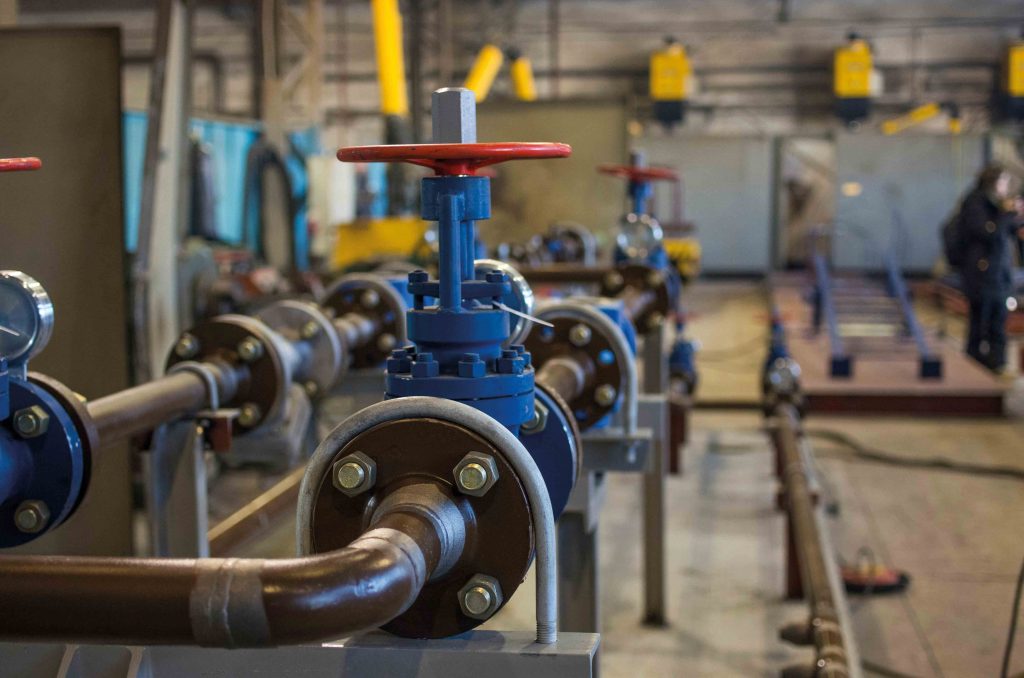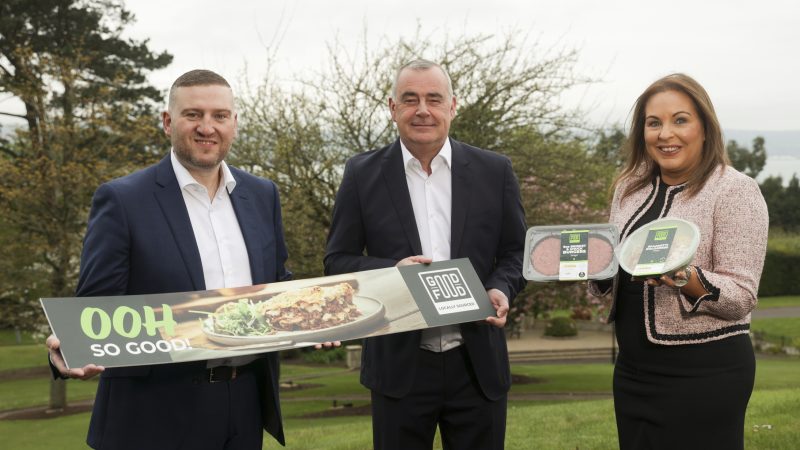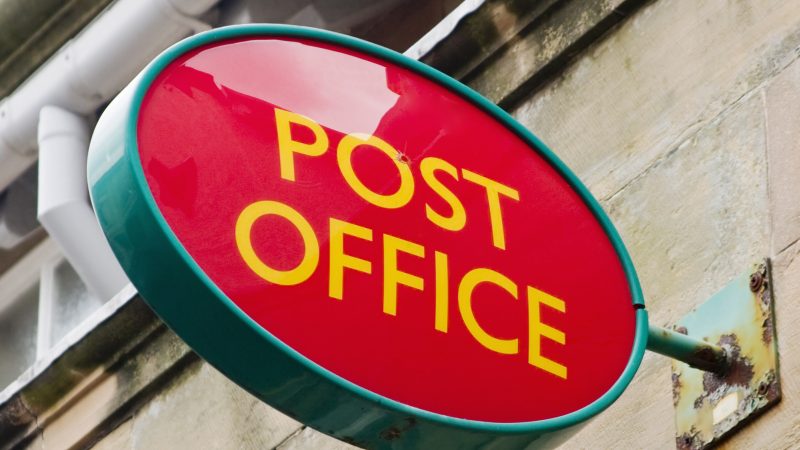Mercury warns of danger ‘in the pipeline’

Legionnaires’ Disease is a serious threat for companies coming out of lockdown
AS the tourism and hospitality sector in Northern Ireland sets its sights on a July 3 reopening date, following yesterday’s announcement by the Stormont Executive, the country’s biggest facilities management firm is warning companies to be aware of the threat of Legionnaires’ Disease, which is brought about as a result of water system stagnation.
With the Irish Government having already given the green light for a June 29 opening, a big week is in store for hotels, bars, restaurants and cafes across the island – but with so many premises lying empty for months, Mercury Security and Facilities Management (MSFM) is urging business bosses to consider the ‘serious threat’ of Legionnaires’ Disease as part of their ‘back to work ’preparations.
Earlier this year, a Cork woman received an apology and an undisclosed settlement from a five-star Kerry hotel after contracting Legionnaires’ Disease from the spa and spending 54 days in hospital, three of which in a hospital-induced coma. Her solicitor said she was lucky to be alive but will have to live with the consequences of contracting the disease for the rest of her life.
Mercury CEO Frank Cullen welcomed the reopening announcement from First Minister Arlene Foster and Deputy First Minister Michelle O’Neill but did so with a word of warning.
“This is great and very welcome news for our tourism industry and the wider economy,” said Mr Cullen, “and it will be wonderful to see our hotels, restaurants, bars, cafes open once again and bustling with good craic.
“However, we all must be careful and ensure that proper procedures and ‘fit for purpose’ safety solutions are in place as we open our doors and go forward. This includes the very serious threat of Legionella and Legionnaires’ Disease.
“If you are re-opening your building after a prolonged period of inactivity, you will need to consider not only the impact of COVID-19 on the health and safety of your employees and customers, but also the increased risk of Legionnaires’ Disease due to water system stagnation.
“You need to ensure that your water system is safe to use after a lengthy shutdown to minimize the risk of Legionnaires’ Disease and other diseases associated with water – and this is not solved by simply running your water taps,” he warned.
“As part of our efforts to help businesses get back to work, we’ve been working with clients across Ireland and the UK to put together a bespoke Legionella risk management plan and make sure that they comply with Government and health authority guidelines on a safe return – and, importantly, staying safe going forward.
“This compliance is also very important for your insurance cover as well,” added Frank.
What is Legionnaires’ Disease?
Legionnaires’ disease is a potentially fatal form of pneumonia and everyone is susceptible to infection.
Stagnant or standing water in an inactive plumbing system can increase the risk for growth and spread of Legionella and other biofilm-associated bacteria – therefore increasing the risks of Legionnaires’ Disease. When the water is stagnant, hot water temperatures can decrease to 77–108°F (25–42°C) which is a favourable for the growth of Legionella bacteria.
Some of the properties most at risk, according to Mercury Security and Facilities Management, include unoccupied commercial buildings, retail environments, public bars, clubs and restaurants, hotels, offices and schools.
To minimise risk of Legionnaires’ Disease, MSFM will carry out a risk assessment to identify potential hazards, ensuring that all water outlets, thermostatic mixing valves (TMVs) and calorifiers are clean and temperatures within the guidelines.
Water samples are tested and recorded for potentially high bacterial growth counts, in which case cold water storage tanks and break tanks need to be drained down, disinfected and flushed through.
Shower heads, ice makers, toilets, water taps also need to be cleaned and disinfected with appropriate procedures and measures in place for future use.
Mercury’s Covid-19 ‘Safety Triangle’
With locations in County Antrim, Dublin, Limerick and London, MSFM has been busier than most since the Coronavirus outbreak – providing security solutions to help business owners protect their empty properties during lockdown, including remote CCTV monitoring and mobile patrol units.
The company also offers a specialised deep cleaning service, designed to eliminate COVID–19 and help organisations minimise risk to staff and visitors.
MSFM also recently launched the Mercury TC-1 thermal camera which will offer much needed reassurances to returning companies and staff by enabling the speedy detection of a high body temperature or fever – one of the first vital symptoms displayed by carriers of the Coronavirus – in just under a second.
All Mercury services are provided and integrated using the state-of-the-art Intelocate workflow management software system which gives clients full transparency of how their premises are managed. This is done by recording actions, collecting data, and producing bespoke reports that can be submitted to third parties, including insurance companies who will expect businesses to be fully compliant with all relevant guidelines to protect the health, safety and welfare of employees and customers.
Mercury Security & Facilities Management is Ireland’s largest independent security and facilities management company. Founded in 2001, the company has established a strong reputation as a pioneer in the area of integrated security solutions – combining physical manpower with cutting edge technology to service an ever-growing client base all over Ireland and the UK. In 2018, Mercury launched a new Facilities Management division to complement its existing suite of security services.
To find out if your business is at risk of Legionnaires Disease or arrange a free assessment, email enquiries@msfm.biz or call MSFM on +44 (0) 28 9262 0518.










